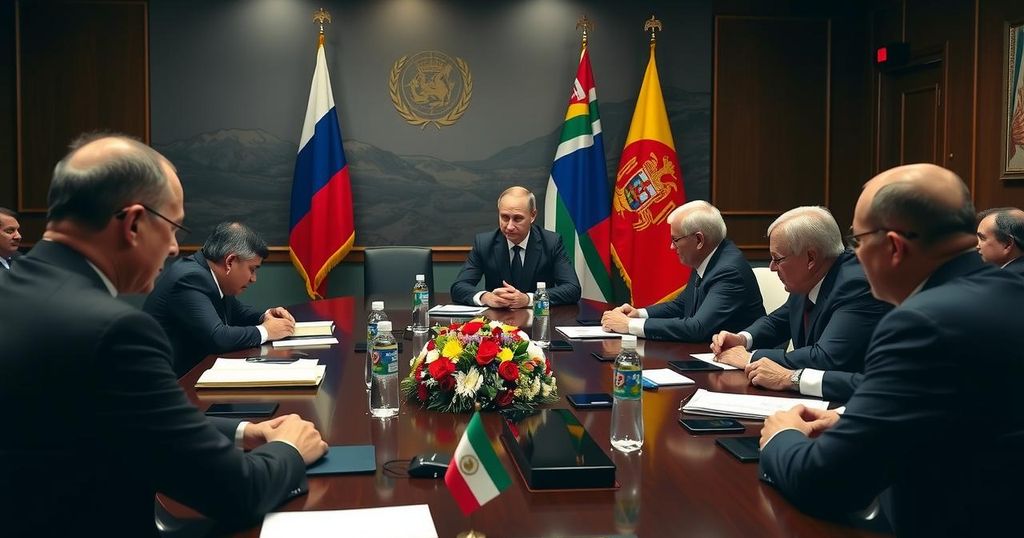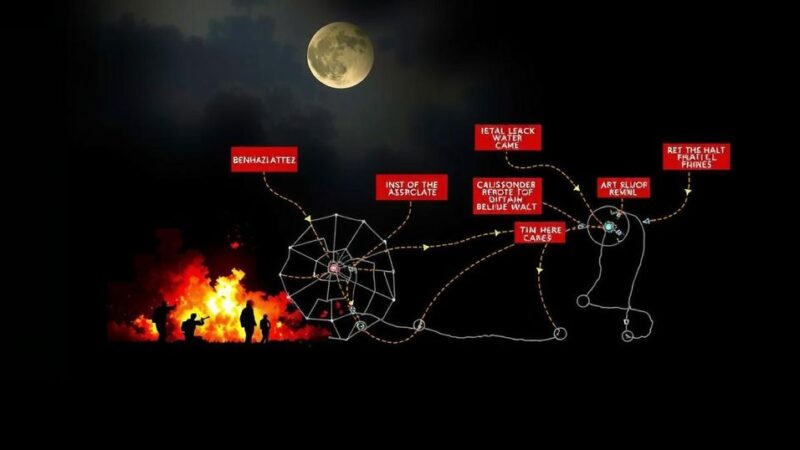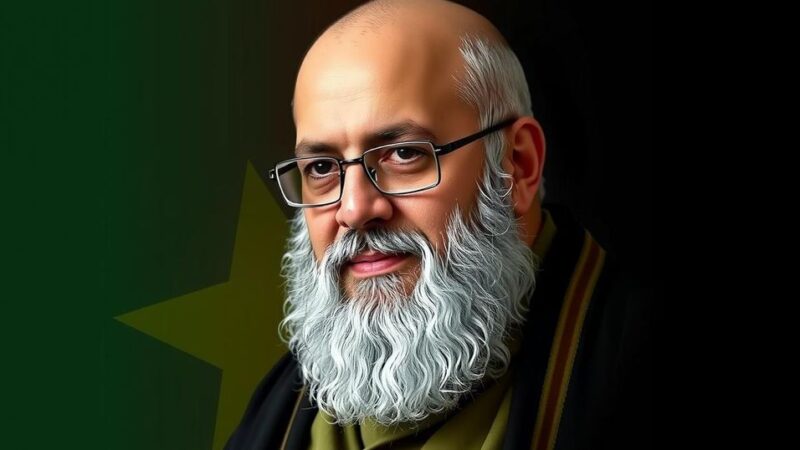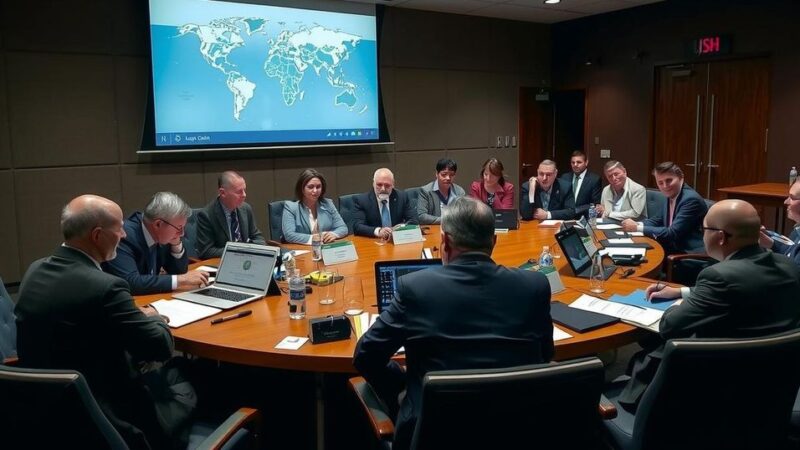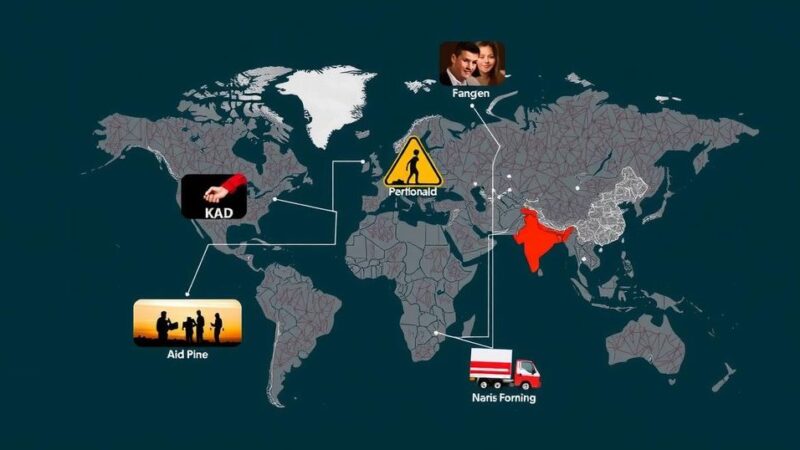At the BRICS summit in Kazan, President Vladimir Putin aimed to assert Russia’s influence amidst ongoing global tensions, highlighted by discussions on financial cooperation and the importance of peace initiatives regarding Ukraine. Notably, leaders from China and India participated, marking the summit’s significance in promoting a unified stance against Western sanctions and market influence.
In the city of Kazan, Russia, President Vladimir Putin presided over a significant BRICS summit aimed at enhancing Russia’s influence during a critical phase of international relations. This gathering, which included leaders from China, India, and several other developing economies, sought to bolster the bloc’s role in counterbalancing Western dominance in global affairs. During the summit, President Xi Jinping of China highlighted the importance of avoiding further aggravation of the conflict in Ukraine, advocating for diplomatic solutions. Putin’s remarks during the summit pointed to a need for an alternative global financial system, particularly one that could circumvent the Western-dominated payment networks like SWIFT, which have been pivotal in imposing sanctions on Russia. The BRICS group, originally composed of Brazil, Russia, India, China, and South Africa, has expanded to include nations such as Iran, Egypt, Ethiopia, the United Arab Emirates, and Saudi Arabia. Delegations from 36 nations attended the summit, reflecting a growing resistance to U.S.-led isolation efforts aimed at Russia due to the Ukraine conflict. In his closing address, Putin criticized what he termed the West’s “perverse methods” aimed at undermining the influence of the Global South through unilateral sanctions and market manipulations, suggesting that such actions exacerbate global tensions. In solidarity, participants in the summit expressed their commitment to enhancing financial cooperation among BRICS nations, aiming to develop secure and efficient cross-border payment systems. Amid discussions about regional conflicts, President Xi stressed the significance of peace initiatives, specifically mentioning a collaborative peace plan for Ukraine proposed by China and Brazil, despite Ukraine’s dismissal of such efforts. This summit marked a pivotal moment for BRICS, showcasing its potential as a significant player on the global stage, while Western media portrayals of the meeting suggest escalating concerns about the declining influence of Western nations.
The BRICS summit in Kazan represented a crucial stage for Russia as it seeks to solidify ties with other developing nations in light of ongoing geopolitical tensions stemming from the Ukraine crisis. Established in 2009, the BRICS group’s roots were grounded in fostering economic cooperation among emerging economies, but the recent expansion and the summoning of numerous leaders to Kazan have emphasized its potential as a counterweight to Western hegemony. The summit focused on financial cooperation, proposals for new payment systems, and dialogues surrounding significant regional conflicts, reflecting a broader ambition to enhance the bloc’s global standing.
The BRICS summit in Kazan has underscored Russia’s aspirations to expand its influence through strategic partnerships with developing nations. With key discussions centered on establishing alternative financial systems and addressing regional conflicts, the gathering affirms BRICS’s emerging role as a counterbalance to Western dominance. As geopolitical tensions continue, the bloc’s unity and collective action will be pivotal in shaping the future of international relations.
Original Source: apnews.com
